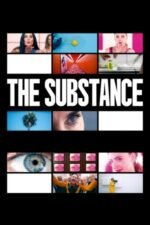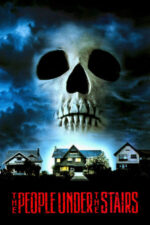Beyond the Surface: Exploring Disfigurement on Screen
There's something inherently unsettling about seeing a character’s physical form radically altered on screen. It's not just about shock value – though, let’s be honest, some films certainly exploit that – but about what those alterations represent. The keyword "disfigurement" in film isn't simply about scars or mutations; it's a powerful lens through which we can examine societal anxieties, the search for identity, and the very definition of “otherness.” It’s a theme that digs deep into our perceptions of beauty, normalcy, and what it means to be human.
Think about The Giant. Rikard’s facial disfigurement isn't just a visual detail; it’s intrinsically linked to his trauma and his retreat into a fantastical world where he can literally tower over the limitations imposed upon him. It’s a brilliant metaphor for feeling marginalized, for wanting control in a life that often feels out of reach. The film doesn't shy away from the pain and isolation Rikard experiences, but it also celebrates his resilience and imagination – qualities that bloom because of, not despite, his difference.
Now, shift gears entirely to something like Horror High. Here, disfigurement is weaponized, a consequence of revenge taken to absurd, darkly comedic extremes. Mr. Mumps’ transformation isn't about internal struggle; it’s a tool for enacting vengeance on those who have wronged Vernon. It highlights how easily we can dehumanize others when fueled by anger and the desire for retribution – a sadly relevant commentary even today.
The spectrum widens further with The Incredible Melting Man. This film, while undeniably unsettling, uses physical decay to explore themes of isolation and the desperate need for connection. The astronaut’s slow dissolution isn't just horrific; it’s a poignant representation of losing one’s self, both physically and emotionally. It forces us to confront what truly defines our humanity when everything else is stripped away.
What I find fascinating is how these films, despite their varied tones – from the quiet contemplation of The Giant to the splatter-comedy of Horror High – all grapple with similar questions about acceptance and perception. Even a Gothic thriller like The Oblong Box, where Sir Edward’s monstrous actions are arguably fueled by his imprisonment (both physical and psychological), touches on the idea that outward appearance can be deceiving, and that true monstrosity often resides within.
Ultimately, films exploring disfigurement aren't just about what characters look like; they're about how we see them – and more importantly, how they see themselves. They challenge us to confront our own biases and consider the stories behind the faces we encounter, both on screen and in life.
What are your thoughts? Have you seen any films that explore this theme in a particularly compelling way? I'd love to hear about them!







































